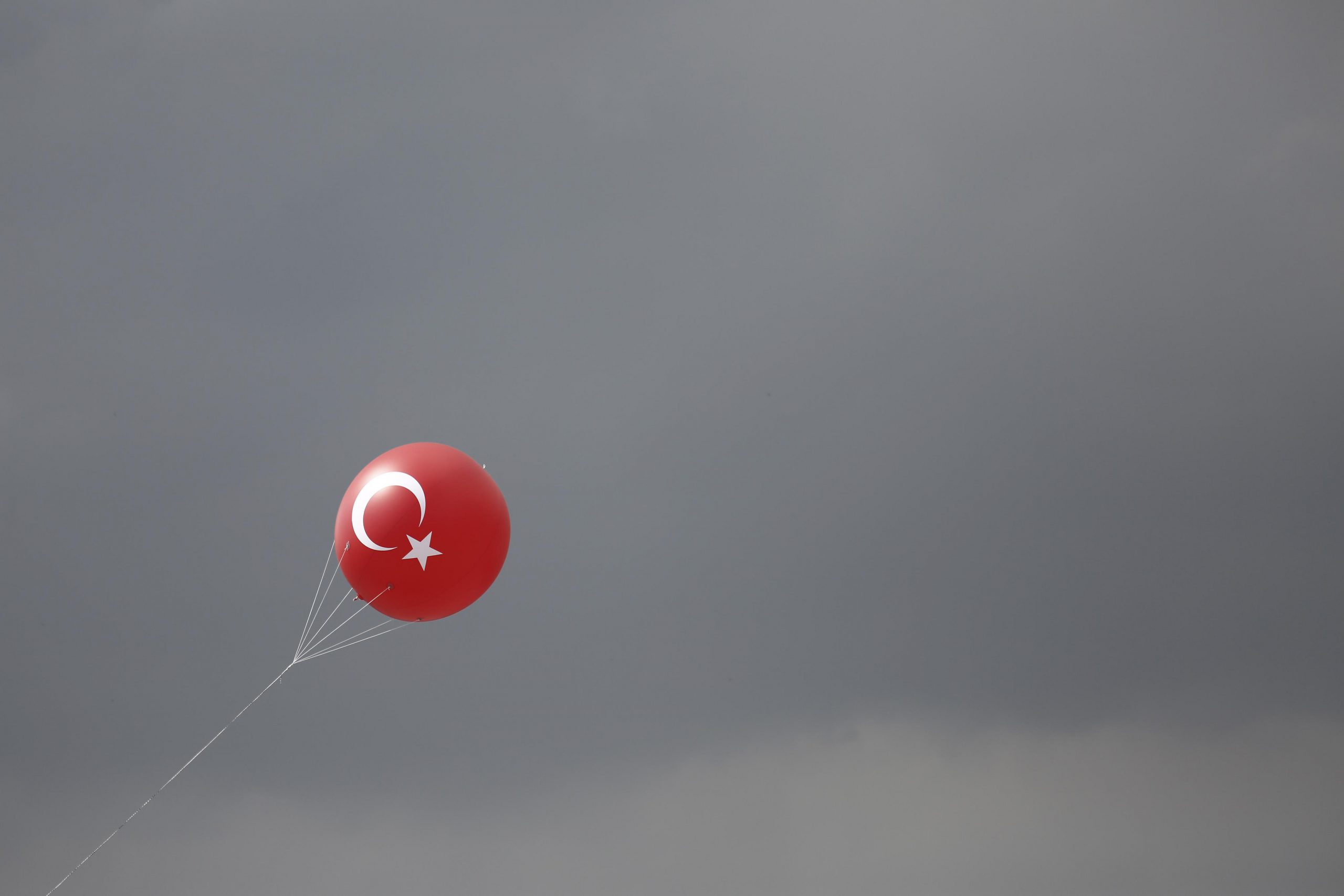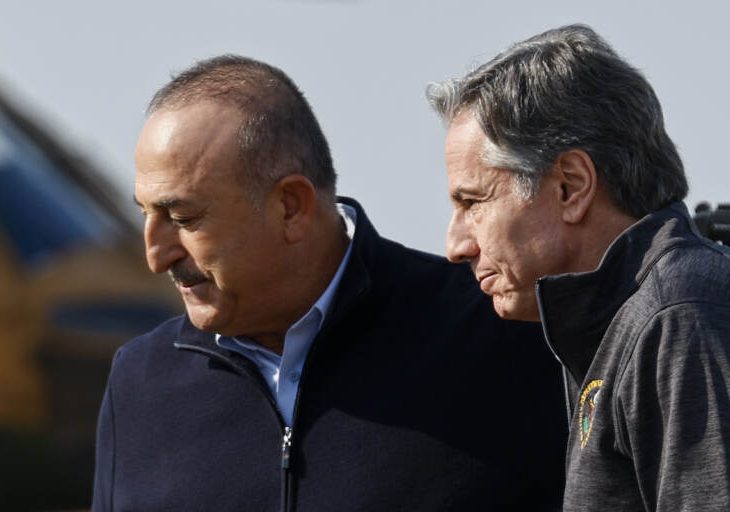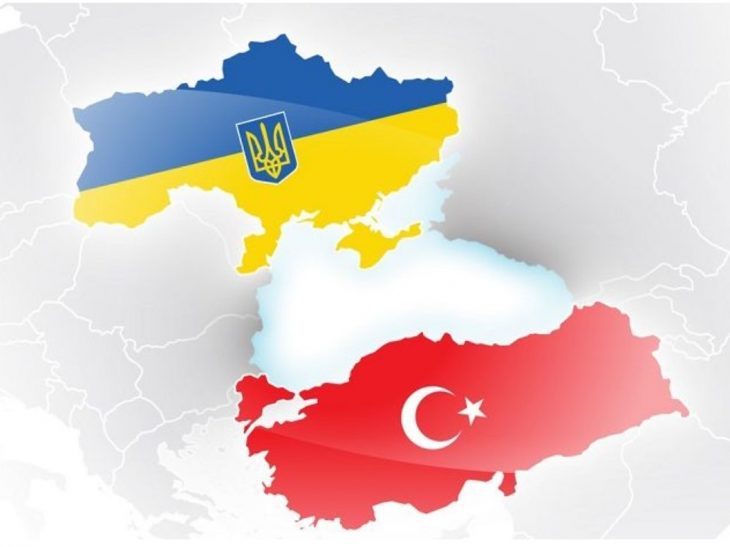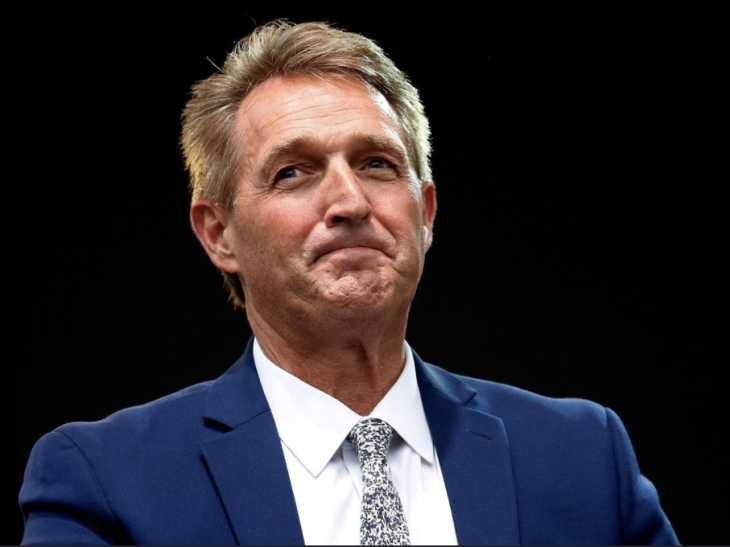Kazakhstan: Where Do Turkey and Turkic States Stand?
Cem Cetinguc
•
February 10, 2022 8:18 am
Kazakhstan experienced unprecedented developments in January 2022. Economy-driven protests, triggered by the rise of liquefied natural gas prices, turned into violent demonstrations in a very short time. In some regions, particularly in Almaty, the former capital and economic center, protestors looted private properties, government buildings were torched, the international airport was seized, and the state authority almost disappeared.
Kassym-Jomart Tokayev, president of Kazakhstan, reacted promptly and dismissed the government, declared a curfew and a state of emergency immediately thereafter, and invited the Collective Security Treaty Organization (CSTO) troops to the country. When the protests subsided in a short time, the state of emergency ended and a schedule for the withdrawal of troops was declared.
The events in Kazakhstan were considered by some as a “surprise,” while others viewed them as “expected.” A fair and balanced interpretation of the events shows that there were tensions due to socio-economic factors and that the protests should have come as no surprise. Despite this, no one expected the demonstrations to turn into organized violence in such a short period of time.
In any case, events in Kazakhstan seem to have calmed down for now and stability has been restored. However, it is clear that these events will have local and regional implications, some of which are closely related to Turkey.
Factors affecting Turkey’s approach to the events in Kazakhstan
The events in Kazakhstan occurred in a limited time particularly as Kazakhstan is one of the country’s main partners in foreign policy and plays an important role in the Turkic world and Central Asia. This made it inevitable that Turkey be prompt but sensitive in its reaction towards the developments.
Three interrelated factors shaped Turkey’s reaction: the normative dimension, the bilateral relations dimension, and the regional context including the Turkic world and the Organization of Turkic States (OTS).
As for the normative dimension, Turkey has faced and overcome several anti-democratic challenges and interventions that threatened its political system, democracy, and stability. Only in the last decade, the Justice and Development Party governments faced the violent Gezi Park protests in 2013, the December 17-25, 2013 judicial coup attempt, and the July15, 2016 foiled coup attempt.
Coup attempts have increased Turkey’s sensitivity towards interventions in democratic processes. Consequently, Turkey has adopted a principle-based stance against any coup attempt or anti-democratic intervention. For instance, after the second Karabakh War which resulted in Azerbaijan’s victory, the Armenian military led by the chief of general staff published an ultimatum and called on Prime Minister Nikol Pashinyan to resign. Turkey condemned this attempt and declared its support for the elected government even though it had no diplomatic ties with the Pashinyan government.
Therefore, when demonstrations started to broaden in Kazakhstan and there were signs of a loss of state authority in the country’s largest city, Turkey expressed its support for the Tokayev administration.
politicstoday.org
 2017-06-14-TurkeyBalloon
2017-06-14-TurkeyBalloon





